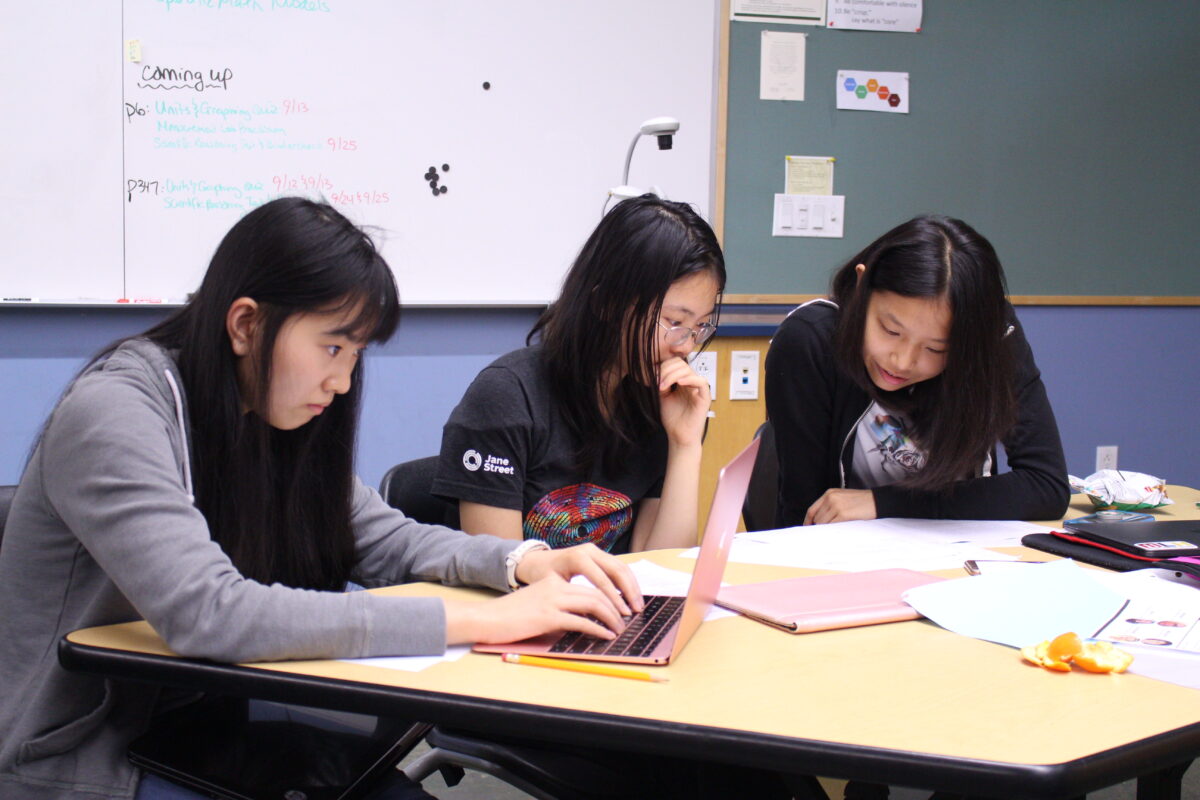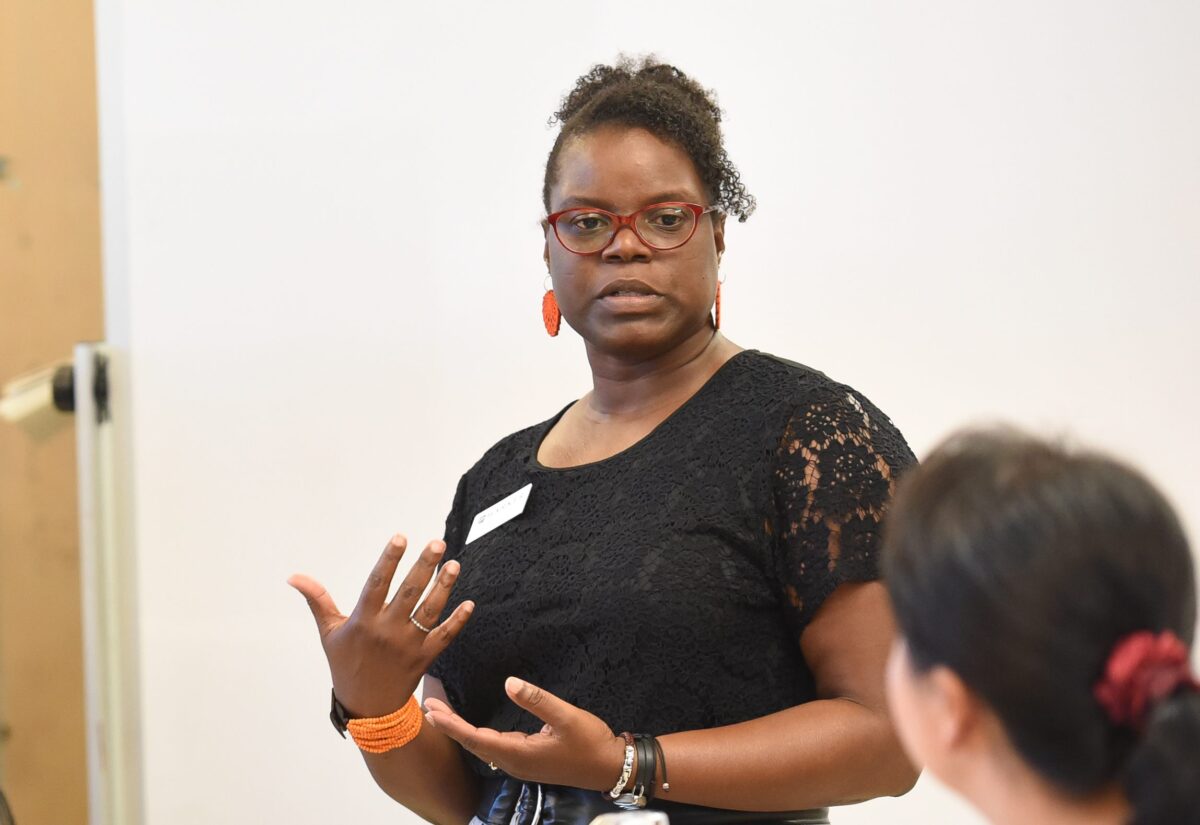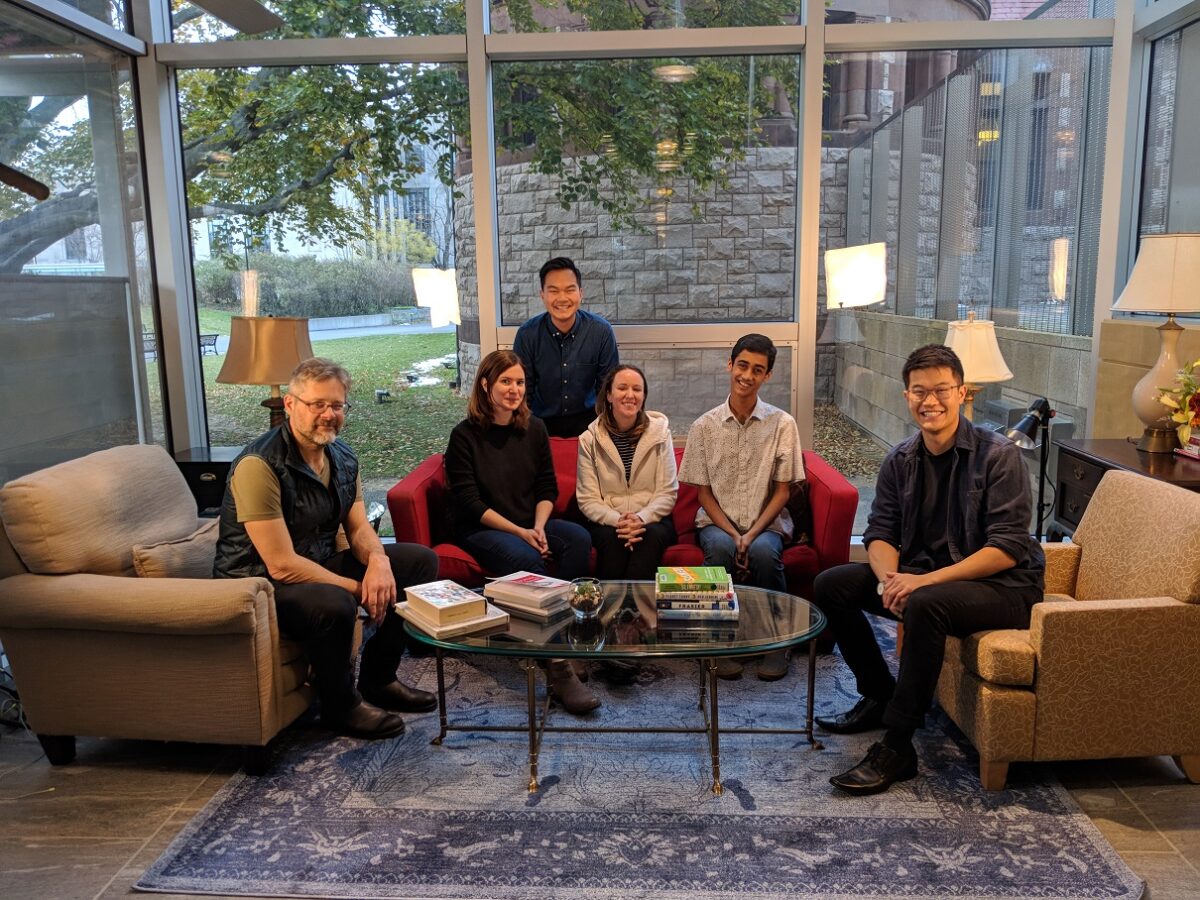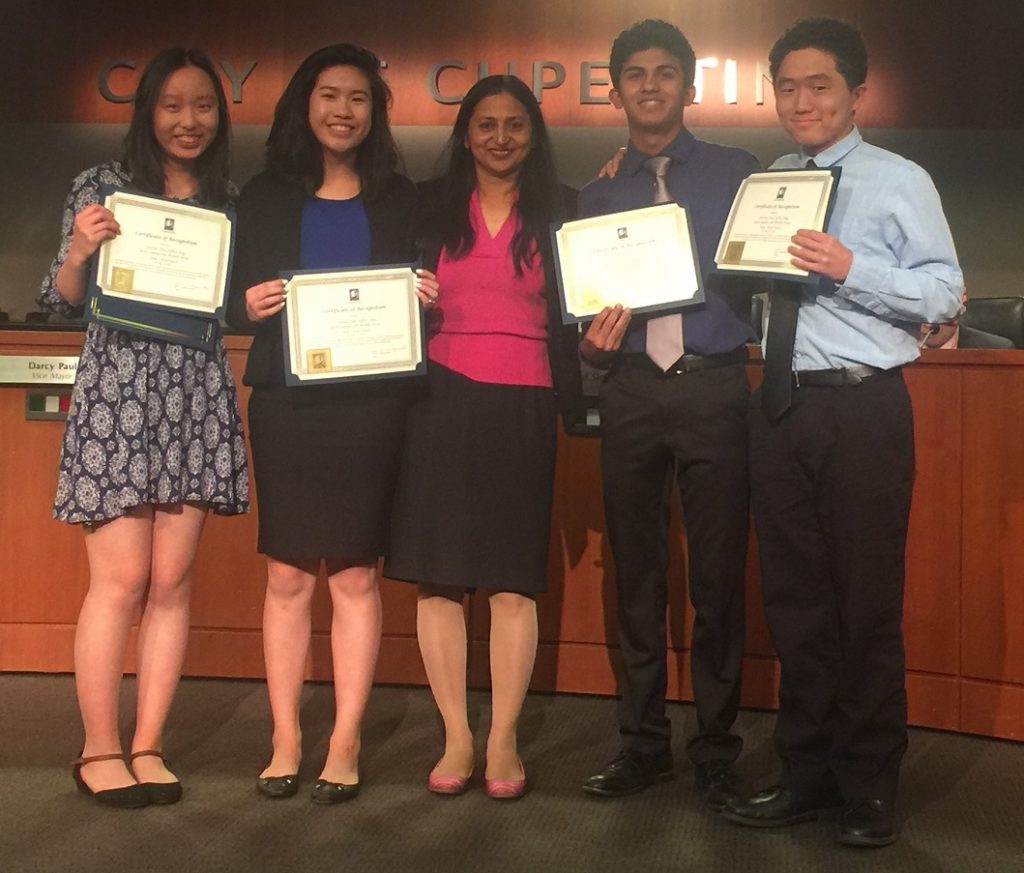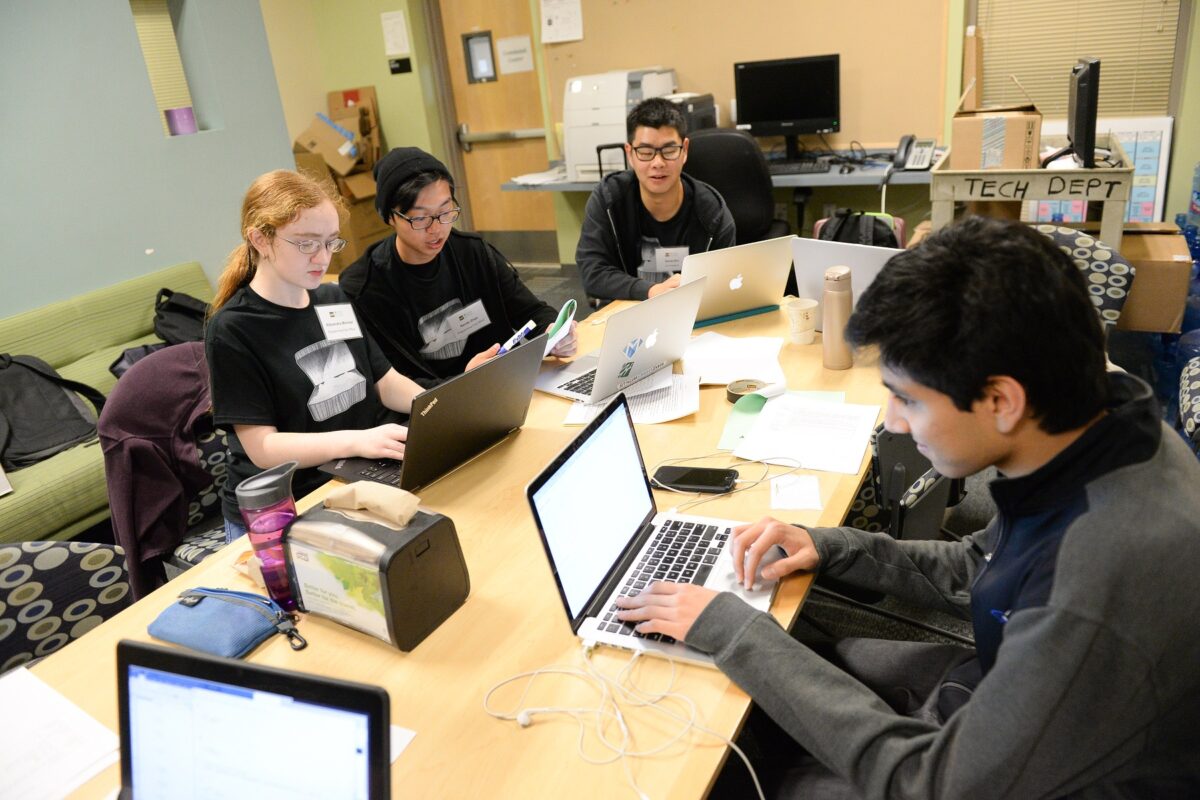Computer Science
Harker Programming Club hosts Girls Programming League Challenge
The Harker Programming Club hosted the second Girls Programming League Challenge, in which 100 girls from around the Bay Area took part in a coding contest and attended talks by a wide variety of guest speakers.
Middle school LID director among first-ever recipients of CSTA Equity Fellowship
Abigail Joseph, the middle school’s learning, innovation and design (LID) director, was named one of the first-ever recipients of the Computer Science Teachers Association’s Equity Fellowship.
Six finalists and one semifinalist in ProjectCSGIRLS Competition
Student’s work at Harvard examines the convergence of tech and the arts
Next month, senior Nikhil Dharmaraj will visit Cambridge, Mass., to speak on a panel about the intersection of artificial intelligence and the humanities with Harvard University faculty members Jessica Fjeld and David Weinberger of Harvard’s Berkman Klein Center for Internet & Society.
Senior Amy Jin one of five in the country to win Cutler-Bell Prize in High School Computing
College Board: Eight perfect 2017 AP exam scores by Harker students and ’17 alumna
The College Board revealed that seven Harker students and one 2017 alumna received perfect scores on Advanced Placement exams they took in May of 2017.

